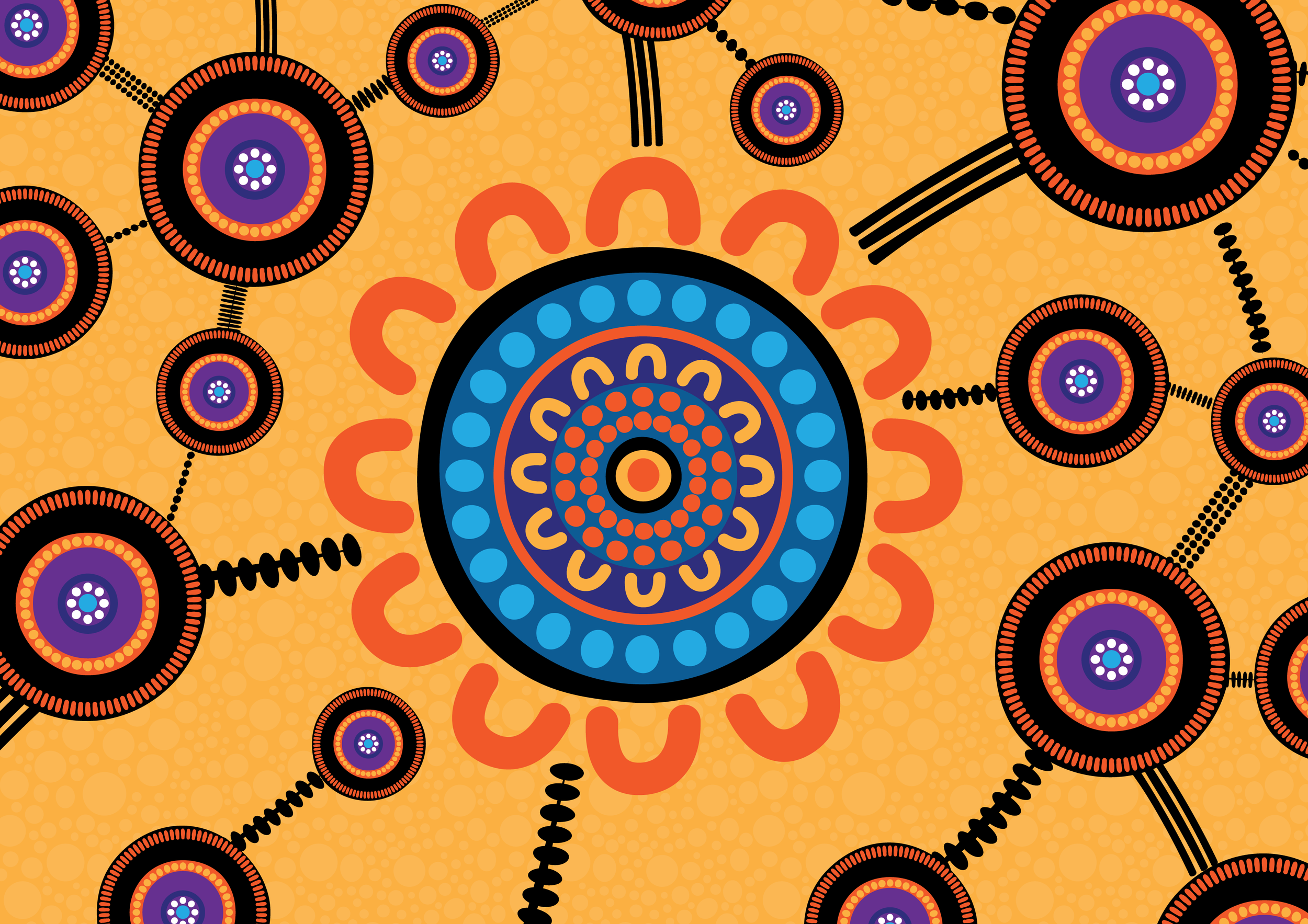
Research
Tobacco Free Program
The Tobacco Free team is part of the Yardhura Walani, the National Centre for Aboriginal and Torres Strait Islander Wellbeing Research (NCATSIWR) at the Australian National University (ANU) College of Health and Medicine. The team conducts meaningful research, shaped by the priorities of Aboriginal and Torres Strait Islander and Indigenous peoples and communities.
We are an Indigenous-led team committed to achieving outcomes through partnerships with Indigenous communities and organisations. The Centre partners with Aboriginal and Torres Strait Islander peak bodies across Australia, and has nationwide community partnerships, with representation from all States and Territories. The Tobacco Free Program works with Aboriginal and Torres Strait Islander peoples, Indigenous peoples, communities and organisations to better understand, inform and evaluate smoke and nicotine free programs and policies in Australia and around the world.
Upholding Aboriginal and Torres Strait Islander respective Indigenous governance and ways of knowing, being and doing is crtical to the Centre, which informs our research approach. Thiitu Tharrmay (Ngiyampaa language, translates as ‘to share/exchange knowledge’.) members include Aboriginal and Torres Strait Islander peoples who are consumers and healthcare providers with diverse knowledges and experience across research, policy and practice.
Why is tobacco control research important?
The evidence is clear and has been for decades - smoking harms the body in many ways and shortens lives. Smoking compromises the function of the heart, lungs and nearly all organs, and can cause cancer almost anywhere in the body. Smoking causes more than one in three Aboriginal and Torres Strait Islander deaths, and half of the deaths in older Aboriginal and Torres Strait Islander adults.
The good news is smoking prevalence is declining among the Aboriginal and Torres Strait Islander population. More than three-quarters of Aboriginal and Torres Strait Islander people who smoke, want to quit or wish they never took it up.
However, much more work needs to be done and communities expect tobacco control to change. There are a range of powerful factors that influence people to smoke. For example, we know that the influence of the Tobacco Industry, the continued impact of colonisation and racism. To help eradicate commercial tobacco use and related morbidity and mortality, these barriers must be overcome. We need to take the next logical step in tobacco control and urgently place communities in the driver's seat. We need to implement Indigenous-led game-changing, evidence-based structural change to foster a smoke free future.
The Tobacco Free research group is committed to this agenda.


